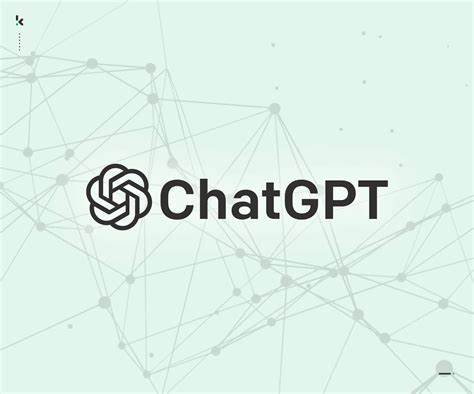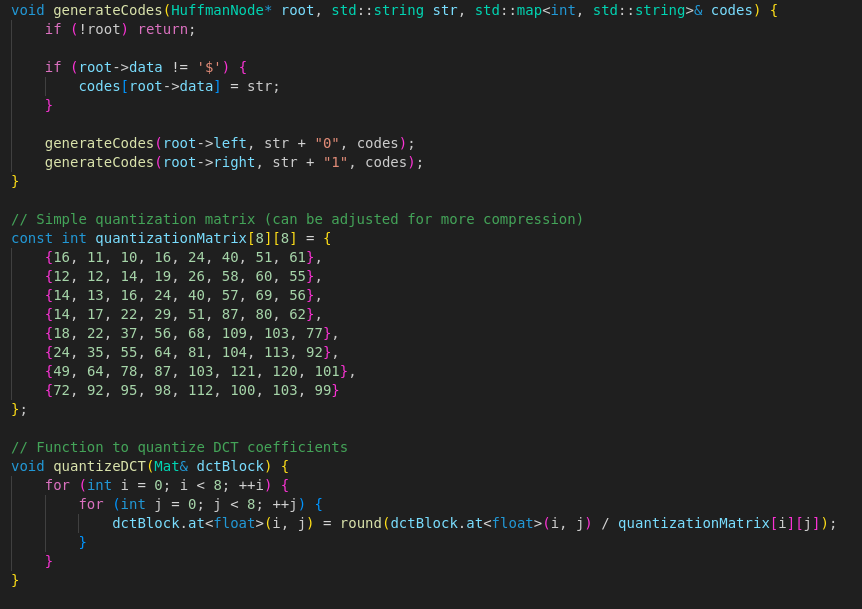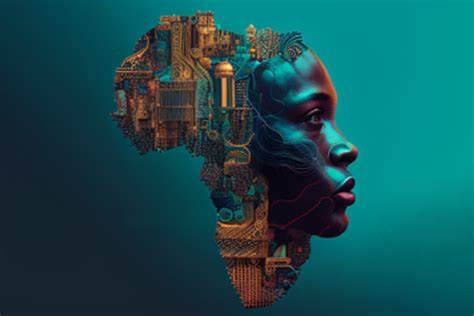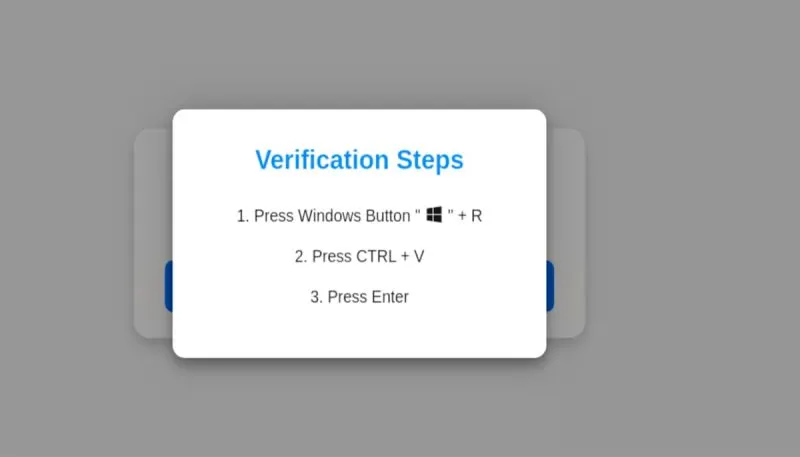Chatgpt Second 'Birthday', The Journey And Possible Future

Two years ago, in November 2022, OpenAI introduced ChatGPT to the world, sparking a wave of transformation in the field of artificial intelligence (AI).
With over 200 million weekly active users today, ChatGPT has not only established itself as a powerful tool but also reshaped how people and businesses interact with AI. Its collaborations with industry leaders like Microsoft and Apple further underscore its profound impact.
One of ChatGPT’s most remarkable achievements has been its ability to make AI accessible to everyone. By bridging the gap between technical complexity and everyday usability, it has empowered individuals and small businesses to innovate without requiring specialized expertise.
This democratization has fueled the rise of solo entrepreneurs who are using AI to challenge traditional industries, demonstrating the tool’s potential to drive creativity and economic opportunity.
The integration of ChatGPT into business workflows has also ushered in a new era of collaboration between humans and machines. From streamlining customer service to enhancing problem-solving, ChatGPT has proven to be an invaluable partner, enabling businesses to make smarter decisions and improve efficiency.
Rather than replacing human roles, it complements and amplifies them, reflecting a growing trend toward meaningful human-machine partnerships.
Over the past two years, the capabilities of ChatGPT and similar tools have advanced significantly. The emergence of multimodal AI—which processes diverse inputs like text and images—has unlocked applications in sectors ranging from healthcare to education.
Additionally, smaller, more efficient models have begun to outperform their larger counterparts, proving that size doesn’t necessarily equate to power in the AI world. Chain-of-thought reasoning models have also enhanced AI’s ability to tackle complex tasks, marking another leap forward.
Despite these advancements, challenges remain. Critics argue that generative AI faces economic sustainability issues, and some believe the technology has plateaued.
Persistent problems like hallucinations, errors, and a lack of standout applications have fueled skepticism about its long-term potential. Yet, proponents maintain that AI’s role is not to imitate human intelligence but to excel within its own defined capabilities.
As ChatGPT celebrates its second anniversary, it stands at a crossroads. Its journey so far has been nothing short of revolutionary, but the path ahead will depend on innovation, competition, and the ability to address its limitations.
Whether embraced as a transformative tool or approached with caution, ChatGPT’s story is a testament to AI’s profound influence on our present—and its promise for the future.





















Comments
Imetusaidia😂😂😂